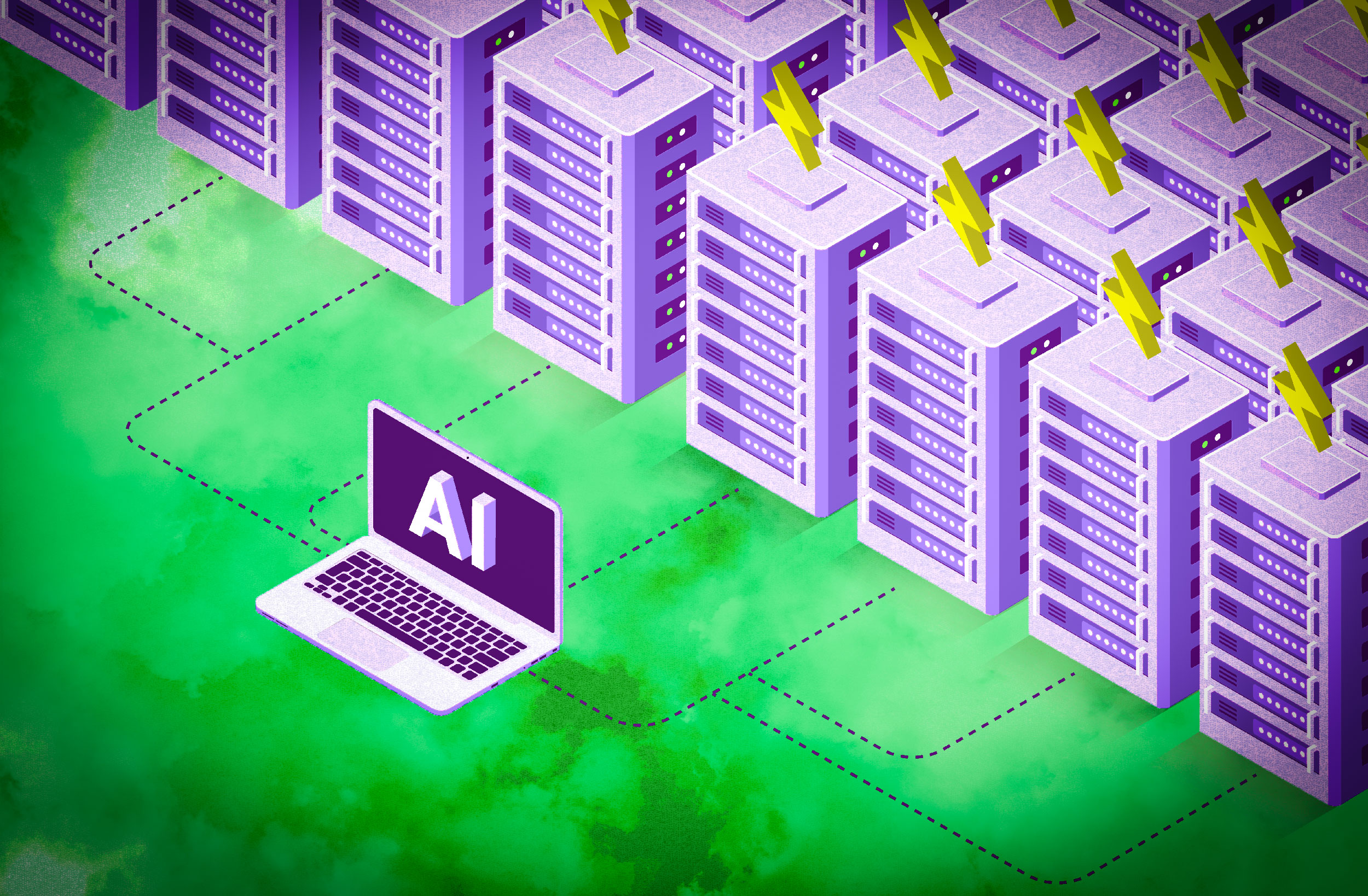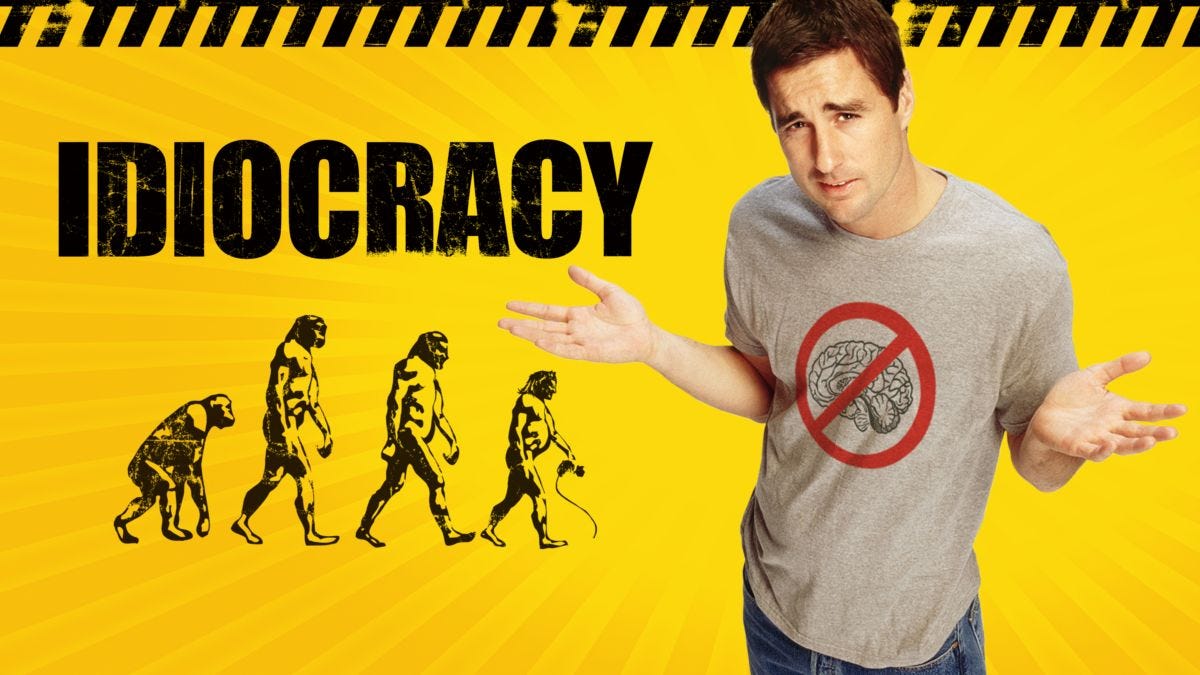A lot, but it's not a problem.
Well, actually....
"“What is different about generative AI is the power density it requires. Fundamentally, it is just computing, but a generative AI training cluster might consume seven or eight times more energy than a typical computing workload,” says Noman Bashir, lead author of the impact paper, who is a Computing and Climate Impact Fellow at MIT Climate and Sustainability Consortium (MCSC) and a postdoc in the Computer Science and Artificial Intelligence Laboratory (CSAIL)."
...
"“The demand for new data centers cannot be met in a sustainable way. The pace at which companies are building new data centers means the bulk of the electricity to power them must come from fossil fuel-based power plants,” says Bashir."
...
"Plus, generative AI models have an especially short shelf-life, driven by rising demand for new AI applications. Companies release new models every few weeks, so the energy used to train prior versions goes to waste, Bashir adds. New models often consume more energy for training, since they usually have more parameters than their predecessors."
And, in addition to the energy use in training...
"Researchers have estimated that a ChatGPT query consumes about five times more electricity than a simple web search."
Emphasis mine.

Explained: Generative AI’s environmental impact
MIT News explores the environmental and sustainability implications of generative AI technologies and applications.
After all, we're spending lot of power and water to have an infrastructure allowing us to have our silly discussions about AI, law, and pretending to be elves that have absolutely no importance, just for fun.
We are spending a lot of power and water to have an infrastructure that allows us to have silly discussions... and much more. Most of American (perhaps human) commerce happens over that infrastructure, for example, as well as much of our personal and business communication.
Spending some more to actually lessen the burden of work on humanity and possibly have more people being able to afford access to the legal system, nurturning a world where justice and fairness is within reach for all and not just the priviledged few seems a fair use of resources.
If we depend on AI to do the job, and it fails, that's the opposite of justice and fairness.




